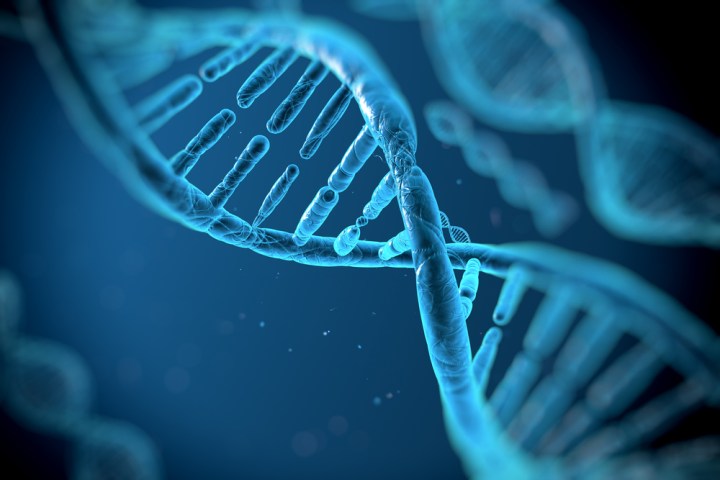
As weird as it sounds, Researchers at the University of Cambridge in England found that certain genetic traits predispose you to have sex earlier or later in life. The DNA of more than 380,000 people was studied, and it was found that genetics plays a role in the age at which someone first has sex about a quarter of the time.
There are other factors at play as well. Researchers have found that the average age of sexual maturity dropped nearly six years in the 100 years ending in 1980. The culprit? Changes in nutritional habits and the physical size of children over that period, as well as the introduction of man-made hormone-disrupting chemicals.
Genes likely have a lot to do with when a child enters puberty, and whether or not someone is risk-averse. Those more willing to take risks might be more likely to have sex earlier in life, while the more timid might wait until the time more accepted by societal norms, the study suggests.
Your genes may also influence the age when you have your first child, and how many times you’ll reproduce, the study authors say. This research also seems to back up earlier research that early sexual activity may lead to other issues.
“We have already shown that early puberty and rapid childhood growth adversely affect disease risks in later life, but we have now shown that the same factors can have a negative effect at a much younger age, including earlier sexual intercourse and poorer education attainment,” study co-author Dr. Ken Ong said in a statement.
Ong and his team uncovered at least 38 gene variants that showed some correlation between the presence of the variant and the age of first sexual activity. Based on this research, the team hopes that in the future those children most at risk might be able to receive more targeted education and guidance to prevent risky behaviors from happening in the first place.
The study was first published in the scientific journal Nature Genetics on Monday.


